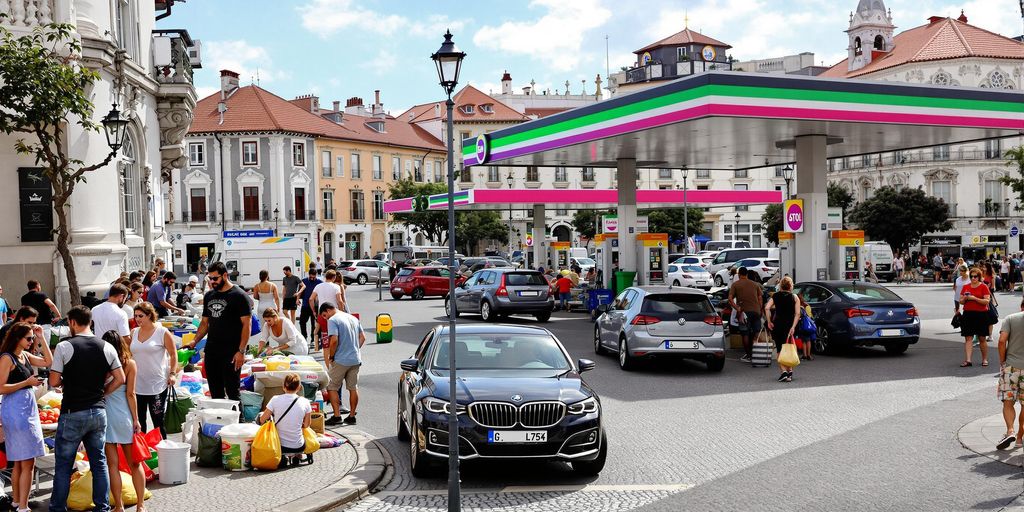Brussels has issued a warning regarding Portugal’s proposed state budget for the upcoming year, particularly criticizing the continuation of fuel subsidies. The European Commission is advocating for the elimination of these subsidies, which were initially introduced to mitigate the impact of rising fuel prices following the invasion of Ukraine.
Background On Fuel Subsidies
In 2022, the Portuguese government implemented a discount on the ISP (Imposto sobre os Produtos Petrolíferos), the tax on petroleum products, in response to soaring oil prices caused by geopolitical tensions. This measure aimed to cushion the economic impact on households and businesses, helping to combat inflation.
Despite the government’s intentions, the European Commission has expressed concerns about the sustainability of these subsidies. The Commission argues that the financial burden of the fuel discount is significant, estimating it will account for 0.1% of Portugal’s GDP next year, which does not align with the fiscal recommendations set by the European Council.
The European Commission has been vocal about its desire to phase out energy subsidies across member states, emphasizing that these measures should be temporary. Since last year, Brussels has insisted that Portugal should have already begun the gradual elimination of these supports before the winter season.
Portugal is not alone in facing this scrutiny; Luxembourg and Malta have received similar warnings regarding their fuel subsidies.













